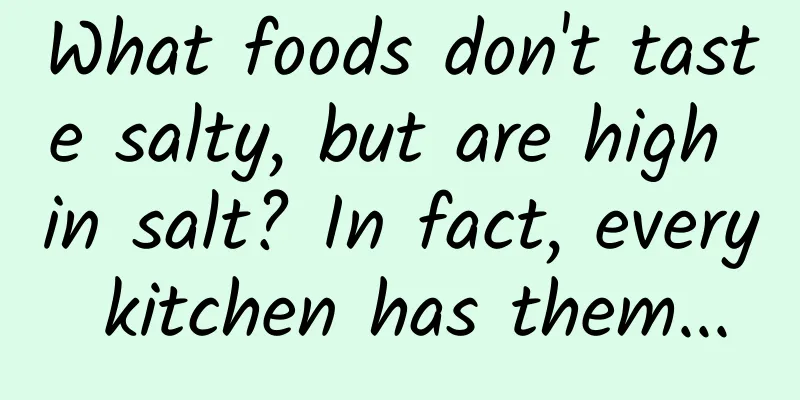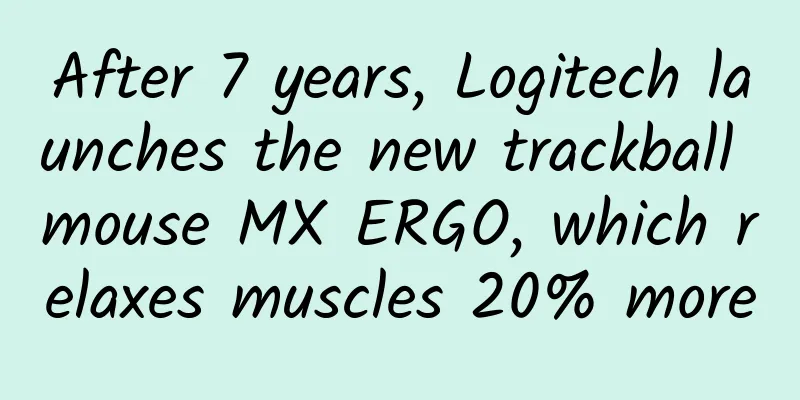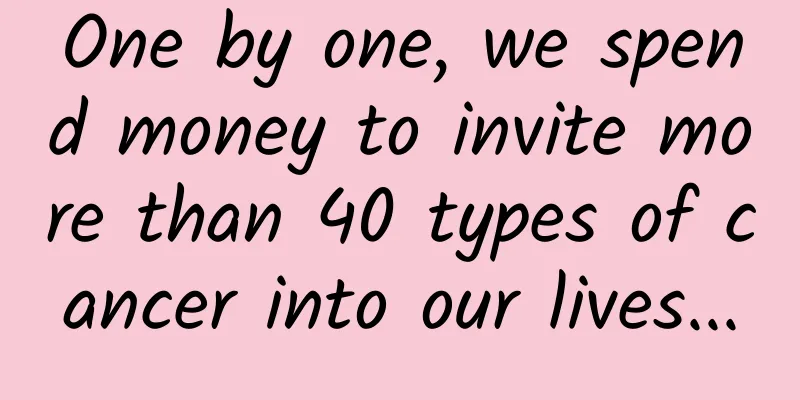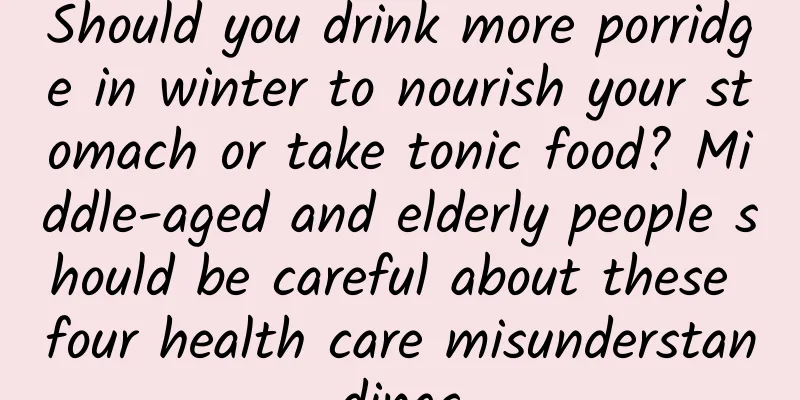What foods don't taste salty, but are high in salt? In fact, every kitchen has them...

|
Everyone now advocates a low-salt diet Very sensitive to the issue of "adding salt" But less salt in cooking It doesn't mean you eat less salt In some foods that you don't think are salty It is still secretly exceeding the standard According to the reference standards in the "Ten Core Information on Salt Reduction for Chinese Residents": Foods that contain more than 600 mg of sodium in 100 grams of solid food and more than 300 mg of sodium in 100 ml of liquid food are considered "high-sodium foods". By this standard, many of your favorite foods don't stand up to scrutiny, such as: Preserved fruits and dried fruits For example, processed dried plums, bayberries, and preserved fruits taste sweet and sour, but these snacks are still pickled with salt during the processing process to improve the flavor and extend the shelf life. Image source: Photo Network The sodium content of a bag of plums is almost enough to meet your daily salt intake limit. The same goes for dried fruits, such as salty melon seeds, strange-tasting broad beans, cashews, almonds and other roasted nuts, which all require salt during processing. Image source: Photo Network If you want to always have some snacks at home to satisfy your cravings, candied fruits and dried fruits are definitely not the best choice and can only be eaten occasionally. Noodles Common noodle products such as dried noodles, soda crackers, and salty bread also have a high salt content! During the pasta processing, salt is often added to make the dough more chewy and taste better. Every 100 grams of noodles contains about 2 grams of salt. If you add salt and seasonings to the noodle soup, the bowl of noodles will become a complete "salt bomb". Image source: Photo Network When you choose these pasta products, try to choose those with lower sodium content , which are relatively healthier. Of course, this kind of pasta is good in every way except that it’s not very delicious. Seasoning Sauces like soy sauce and oyster sauce also contain a lot of salt. A spoonful of soy sauce contains about 2-3 grams of salt. Some people are used to using less salt when cooking, but like to add soy sauce, thinking that this can reduce salt intake. In fact, there is not much difference between the two. Image source: Photo Network In addition, many people think that light soy sauce contains less salt than dark soy sauce, so they often use light soy sauce, and even think that "light soy sauce itself is not salty, so it's okay to add a little more." This is a misunderstanding. In fact, the difference between light soy sauce and dark soy sauce is more in color, and the difference in salt content is not as big as imagined. The reason why people have the illusion that "light soy sauce is not salty" may be because they have chosen a type of light soy sauce with a lower sodium content , so the taste naturally feels lighter. The "Dietary Guidelines for Chinese Residents (2022)" recommends that adults should not consume more than 5 grams of salt per day. If you experience symptoms such as thirst, slow thinking, swollen limbs, and headache , it means you are consuming too much salt and you must improve it as soon as possible. Image source: Photo Network You can consume appropriate amounts of fresh fruits and vegetables rich in potassium to help the body excrete excess sodium. If you don’t know how much salt you consume in a day, just simply keep track of the “salt” account. ● It is best to prepare a spoon with a scale when cooking so that you can easily know how much salt you have added. ● Since the sodium content (mg) is usually listed on the ingredient list of packaged foods, the salt content (g) can be estimated by dividing the sodium content by 400. Image source: Photo Network AI Of course, the less salt you eat, the better. Sodium is also an essential nutrient for the human body. It can help us regulate the body's water and osmotic pressure, maintain acid-base balance, and ensure the activity of neurons or muscles. We should neither be too averse nor too indulgent in salt intake, and should stick to the principle of "enough is good enough". Statement: This article is a medical-related educational popular science article. It does not involve specific treatment methods or medical behaviors and cannot replace hospital visits. Experts who reviewed this article References [1] Hong Yang, Jiang Hua, Meng Choushuan, et al. Effects of high salt intake on human health[J]. Journal of Food Safety and Quality, 2021, 12(07): 2618-2623. DOI: 10.19812/j.cnki.jfsq11-5956/ts.2021.07.017. [2] Eating too much salt will make you fat. Disease control experts: Many condiments have high salt content [J]. Food Safety Guide, 2017, (33): 6. [3] Ten core messages for salt reduction for Chinese residents[J]. Internal Medicine, 2019, 14(04): 396. [4] Dietary Guidelines for Chinese Residents (2022): Balanced Diet Guidelines[J]. Bulletin of Disease Prevention and Control, 2024, 39(01):95. Content Production Editor: Zhang Fuyao Map: Eastern Zhou Dynasty |
Recommend
6 practical cases of marketing and promotion of Bilibili!
Today, the fragmented society has led to a sharp ...
Who are the people who choose to buy 4G mobile phones now?
Although 5G mobile phones are already very common...
Lithium comes from the sea! Is it really inexhaustible?
Produced by: Science Popularization China Author:...
Several existing problems and solutions for App Store search
Apple's volatility has only increased recentl...
Taking Jianshu as an example, let’s explore how UGC content products are cold started!
What is a cold start and how to do it? Is there a...
Latest discovery: Venus is still "alive", what does this mean?
On March 15, the journal Science published a disc...
Tea Science | The origins of the "post-90s" and "post-00s" in Fujian's high-fragrance tea tree varieties revealed!
Oolong tea is loved for its "rich aroma and ...
How to increase the number of readers on Weibo? Try these 6 points
How to increase the number of readers on Weibo? T...
Does rice porridge and steamed buns raise blood sugar? Do fried dough sticks cause cancer? This is the right way to eat breakfast
It’s so hard to have breakfast! Rushing to work i...
Spacewalk: Experiencing a "dangerous romance"
As we all know, up to now, my country has carried...
How to do cross-border e-commerce operation data analysis
As the proportion of younger generations among cr...
How much does it cost to customize the Chengde housekeeping mini program?
There is no fixed price for the customization of ...
If you work in the Internet industry, do you really understand traffic analysis?
In my current job, I come into contact with many ...
Short video fan increase skills: "topic planning"
The sudden popularity of TikTok has promoted the ...
This northern fruit that looks like a lantern, I bet people in the south have never seen it
There is a small fruit on the fruit stalls in the...









